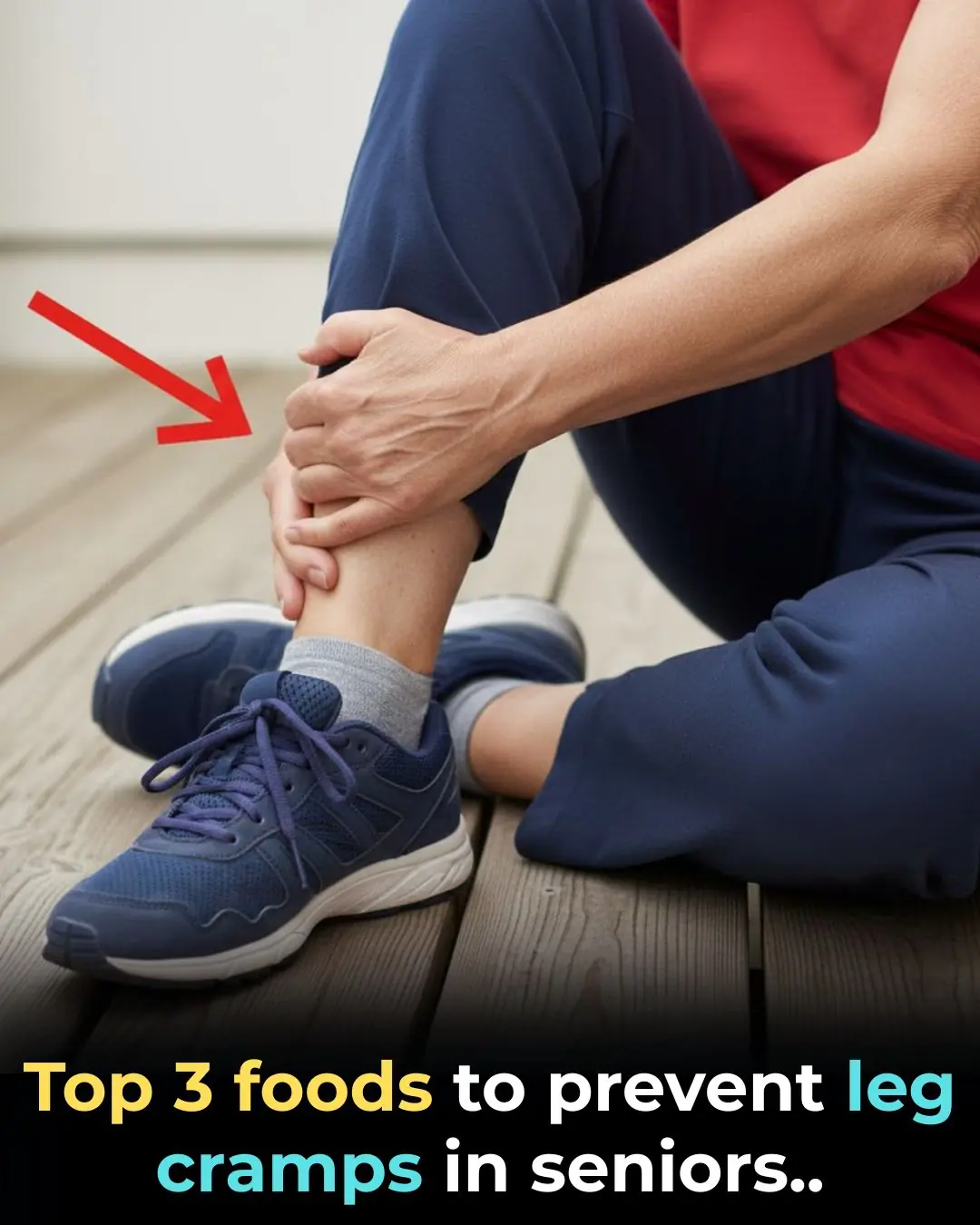
7 tips to eliminate dangerous blood fat

Have you recently discovered that your triglyceride levels are higher than they should be? If so, you may be wondering what triglycerides even are, or perhaps you’ve heard people say they’re more dangerous than high cholesterol. Today, we’re going to break everything down in a simple, practical way—and share seven effective strategies to help you lower your triglycerides, often without needing medication. Stick around, because by the time you get your next blood test, you might be pleasantly surprised by the results.
(This article is inspired by insights from Dr. André Wambier.)
What Exactly Are Triglycerides?
Triglycerides—sometimes spelled triglycerids—are a type of fat that circulates in your bloodstream. They’re actually the most abundant form of fat in your body. Whenever you eat food, any calories that your body doesn’t immediately use for energy are converted into triglycerides and stored in your fat cells. Later on, when you need energy, hormones release these fats so your body can use them as fuel.
Trouble begins when there’s an imbalance: you take in more calories than you burn. Diets high in refined carbohydrates, fried foods, and unhealthy fats can push your triglyceride levels too high. Add a sedentary lifestyle on top, and your numbers can rise even faster.
Key Points to Remember
-
Triglycerides are the most common type of fat in your blood.
-
High levels usually come from consuming more calories—especially refined carbs and unhealthy fats—than your body needs.
-
Healthy triglyceride levels are below 150 mg/dL.
-
Elevated triglycerides contribute to atherosclerosis and increase the risk of heart attack and stroke.
-
Extremely high levels can cause acute pancreatitis, a potentially life-threatening condition.
Understanding Triglyceride Levels
So what counts as a “normal” level? Ideally, your triglycerides should stay below 150 mg/dL. Levels above this mark gradually increase your long-term health risks.
People often ask whether triglycerides and cholesterol are the same thing. The answer is no—they are both lipids, but they behave differently. Triglycerides rise mainly due to excess calorie and sugar intake. Cholesterol levels, however, are influenced more by genetics and liver function. While oxidized LDL cholesterol is harmful to arteries, high triglycerides also contribute to plaque buildup and arterial hardening. In short, both matter, and both can damage your arteries in their own way.
The Risks of High Triglycerides
High triglycerides silently increase your risk of developing atherosclerosis, the dangerous buildup of plaque inside your arteries. Over time, this can lead to serious events like heart attacks and strokes.
But that’s not all—when triglyceride levels get extremely high (typically above 400–500 mg/dL), they can trigger acute pancreatitis, an inflammation of the pancreas that can cause severe abdominal pain, hospitalization, and even become fatal if untreated.
Other Factors That Raise Triglycerides
Diet and inactivity aren’t the only culprits. Several other causes include:
-
Obesity: Excess weight directly drives triglyceride production.
-
Alcohol: Even small amounts can sharply raise levels for some people.
-
Medications: Corticosteroids, certain acne treatments like isotretinoin, and some HIV drugs can increase triglycerides.
-
Health Conditions: Metabolic syndrome, insulin resistance, diabetes, hypothyroidism, kidney disease, and liver conditions can all cause elevated levels.
Seven Effective Tips to Lower Your Triglycerides
Fortunately, lifestyle changes can make a massive difference—sometimes faster than you’d expect. Here are seven powerful strategies:
1. Lose Excess Weight
Shedding even 5–10 kilograms can significantly reduce your triglyceride levels. Weight loss often improves insulin sensitivity, reduces liver fat, enhances sleep quality, and helps your body maintain a healthier calorie balance.
2. Cut Back on Refined Carbohydrates
White bread, pasta, pizza, pastries, white rice, and potatoes break down quickly into glucose. This causes blood sugar spikes and triggers insulin release, encouraging your body to store fat. Over time, this cycle can lead to fatty liver, obesity, pre-diabetes, or diabetes.
3. Choose Healthy Fats Instead of Harmful Ones
Prioritize fats from whole foods:
-
Olive oil
-
Avocados
-
Nuts
-
Fatty fish like salmon, sardines, mackerel, and tuna
These foods are rich in omega-3 fatty acids, which naturally help reduce triglycerides. Meanwhile, limit:
-
Deep-fried foods
-
Trans fats
-
High-fat red meats (ribeye, brisket)
-
Full-fat dairy, ice cream, butter
-
Processed meats like bacon and sausage
4. Increase Your Fiber Intake
Fiber helps control appetite, regulate digestion, and can reduce fat absorption.
-
Soluble fiber (found in oats, fruits, beans, chia seeds) binds to fatty acids.
-
Insoluble fiber supports healthy digestion and stool regularity.
Try adding a couple of tablespoons of chia or flaxseed to yogurt, smoothies, or even water.
5. Avoid Alcohol
Alcohol is calorie-dense and high in sugar. Even moderate drinking can sharply raise triglyceride levels, especially in people who are already sensitive to it. For those with high triglycerides, reducing alcohol—or avoiding it completely—is often necessary.
6. Watch What You Drink
Sugary beverages like sodas, sweetened coffee drinks, flavored teas, and milkshakes may seem harmless, but they deliver large amounts of glucose that your body quickly converts into triglycerides. Water, unsweetened drinks, and herbal teas are much better choices.
7. Exercise Regularly
Physical activity helps your body burn excess calories and improves overall metabolic health. Aim for at least 150 minutes of moderate exercise per week—walking briskly, swimming, cycling, or any activity that gets your heart rate up. Even small habits like taking the stairs or walking during breaks can add up.
When Medication Might Be Necessary
If your triglycerides remain elevated despite lifestyle changes, your doctor may recommend medication. Common options include:
-
Fibrates (fenofibrate, gemfibrozil): very effective but not suitable for people with severe kidney or liver issues.
-
Statins: primarily used for lowering cholesterol but also reduce triglycerides.
-
Fish oil supplements: especially those high in EPA and DHA.
-
Niacin (Vitamin B3): works for some people but may cause side effects and interact with other medications.
Remember, medication doesn’t replace lifestyle improvements—it works alongside them.
Final Thoughts
You have tremendous control over your triglyceride levels. Small, consistent changes in your diet, movement, and daily habits can lead to dramatic improvements in your health. And if your doctor prescribes medication, don’t be discouraged—combine it with healthier habits, and you’ll put yourself on the path to stronger heart health and a more energetic life.
News in the same category

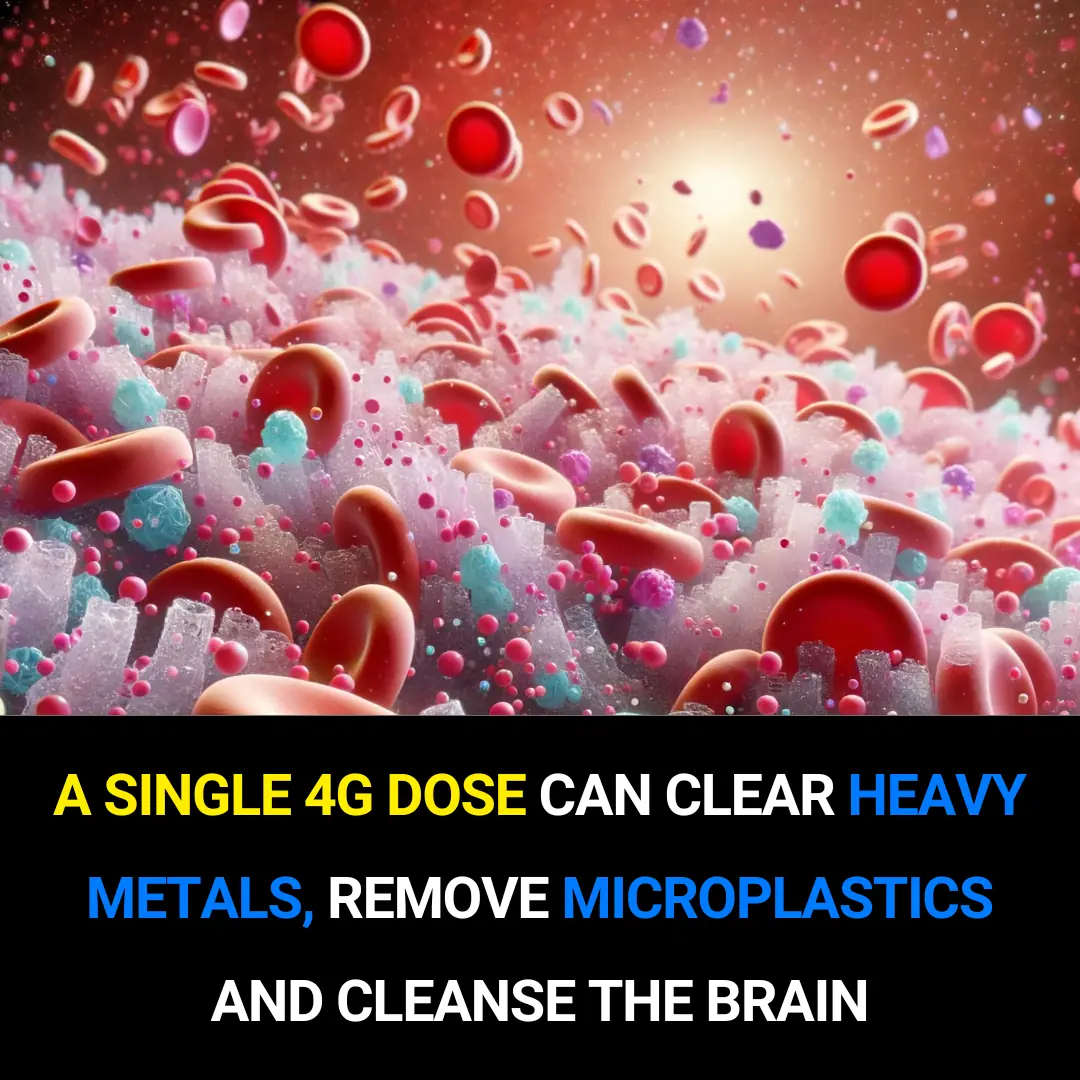
A Single 4g Dose Can Help Clear Heavy Metals, Reduce Microplastics, and Support Brain Cleansing (Not for Daily Use)

The #1 Simple Way to Stop Dementia Before It Starts
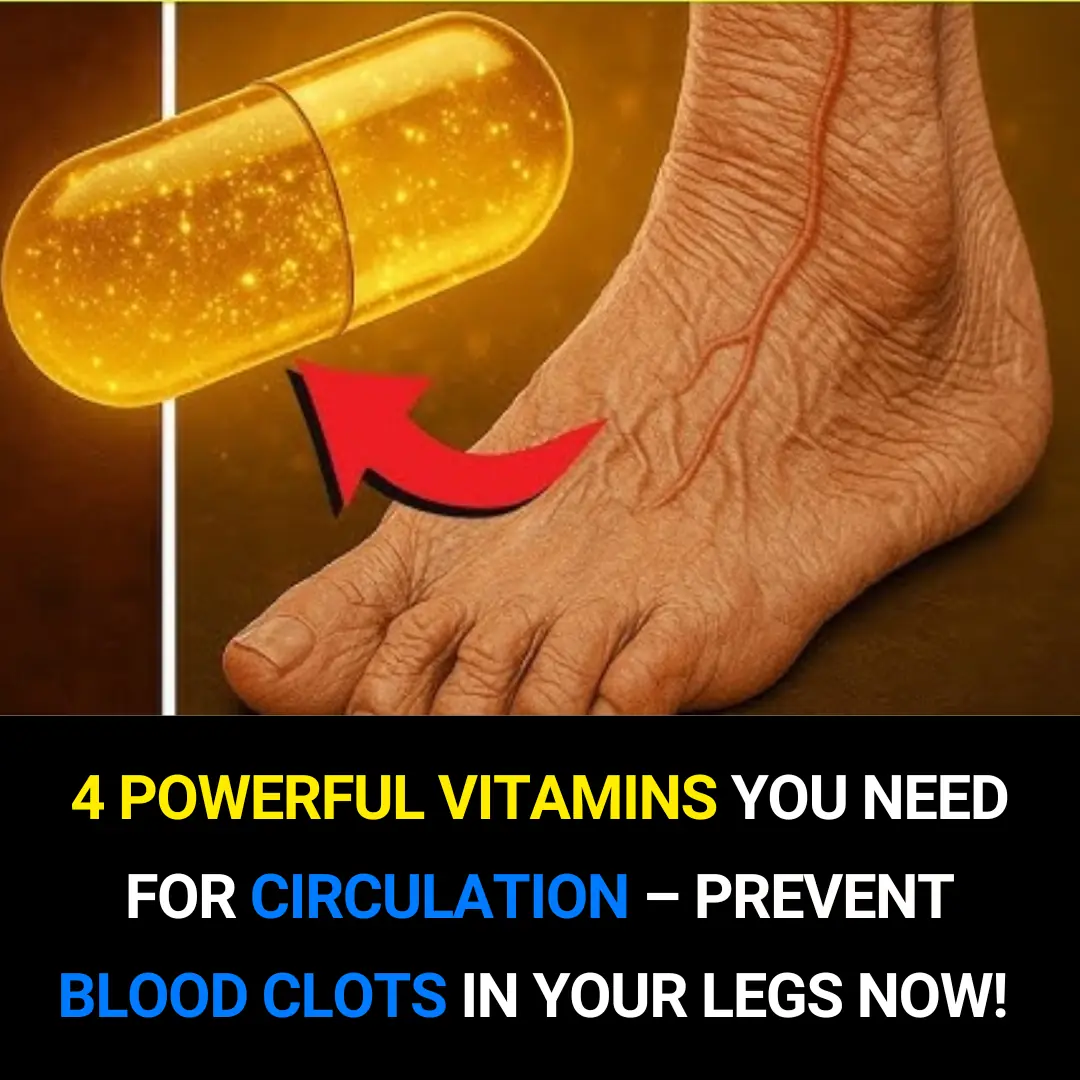
4 Powerful Vitamins You Need for Better Circulation – Prevent Blood Clots in Your Legs Now!

7 Ways to Instantly Stimulate Your Vagus Nerve to Reduce Inflammation, Depression, and Migraines
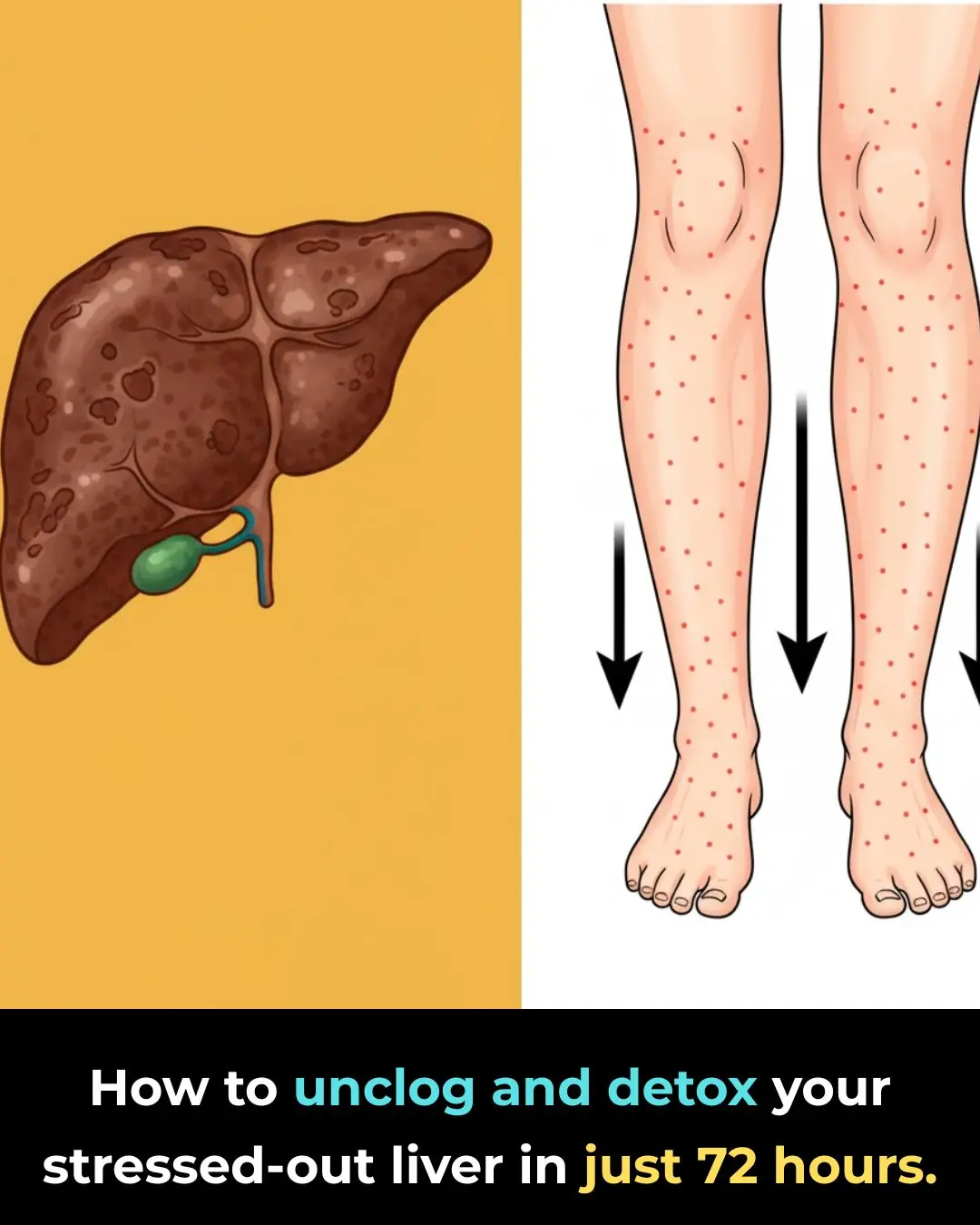
How To Unclog And Detox Your Stressed-Out Liver In Just 72 Hours
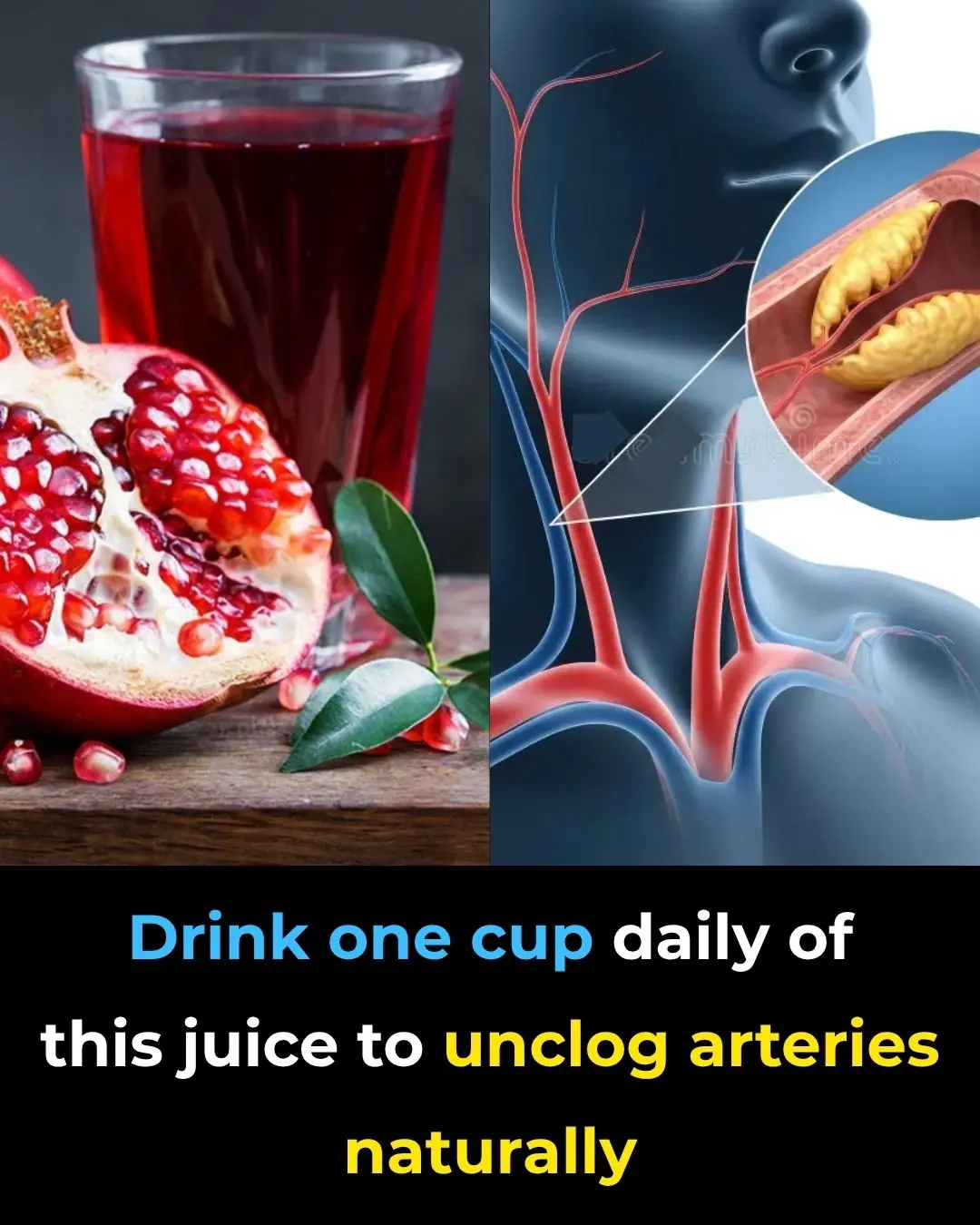
Drink one cup daily of this juice to UNCLOG arteries?
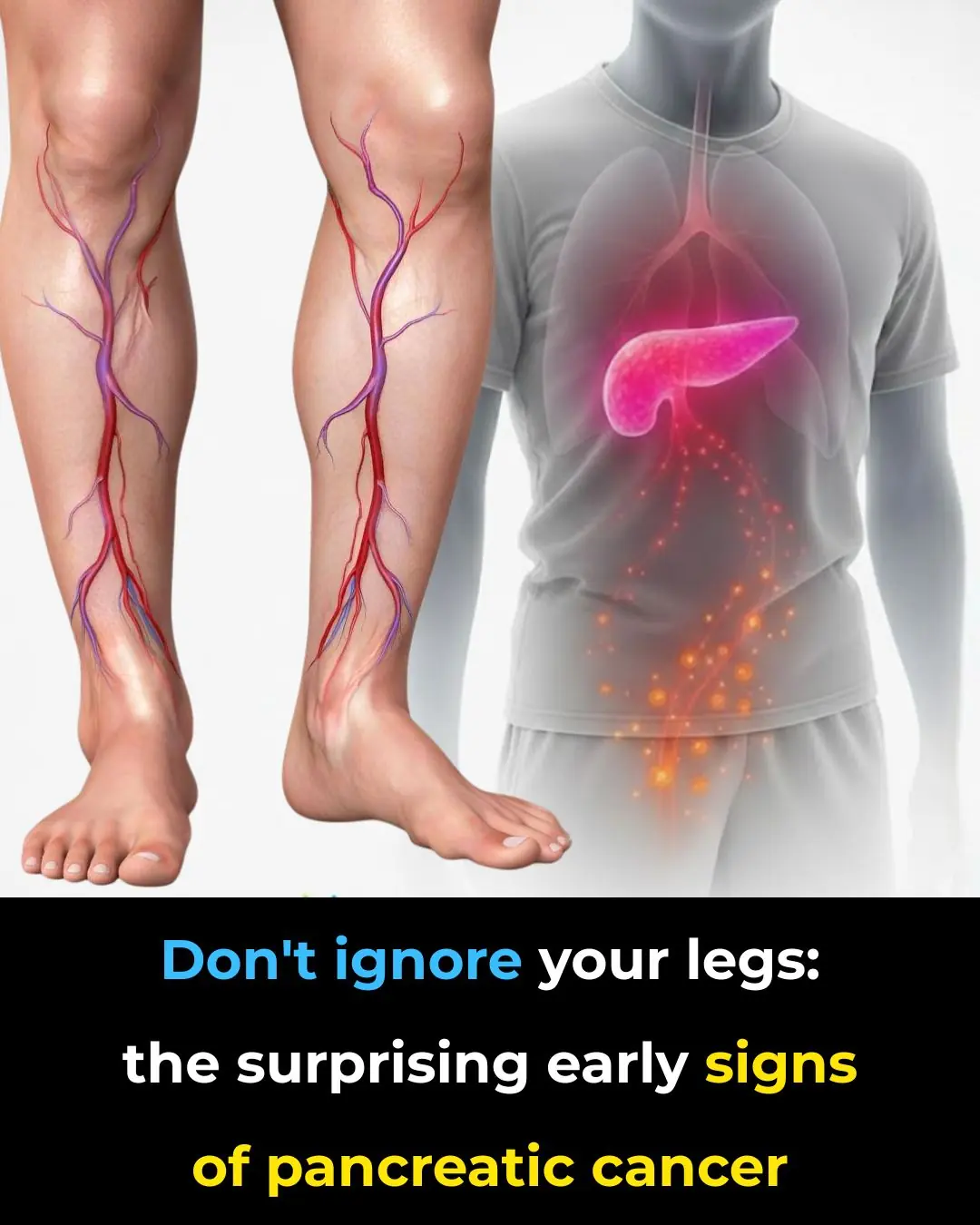
Don’t ignore your legs: the surprising early signs of pancreatic cancer
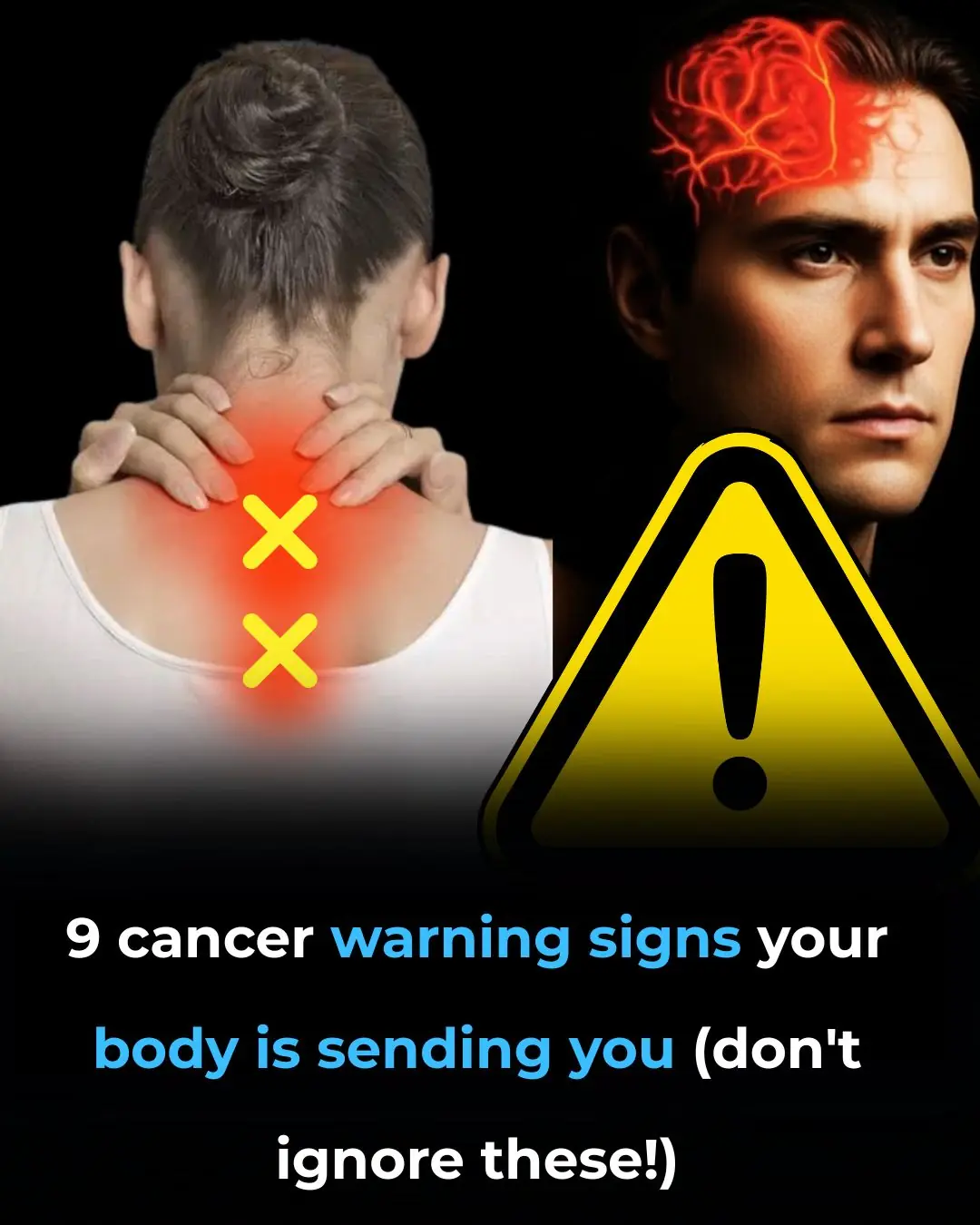
9 cancer warning signs your body is sending you (don’t ignore these!)

Texas reports 4× surge in whooping cough cases — health officials issue statewide alert
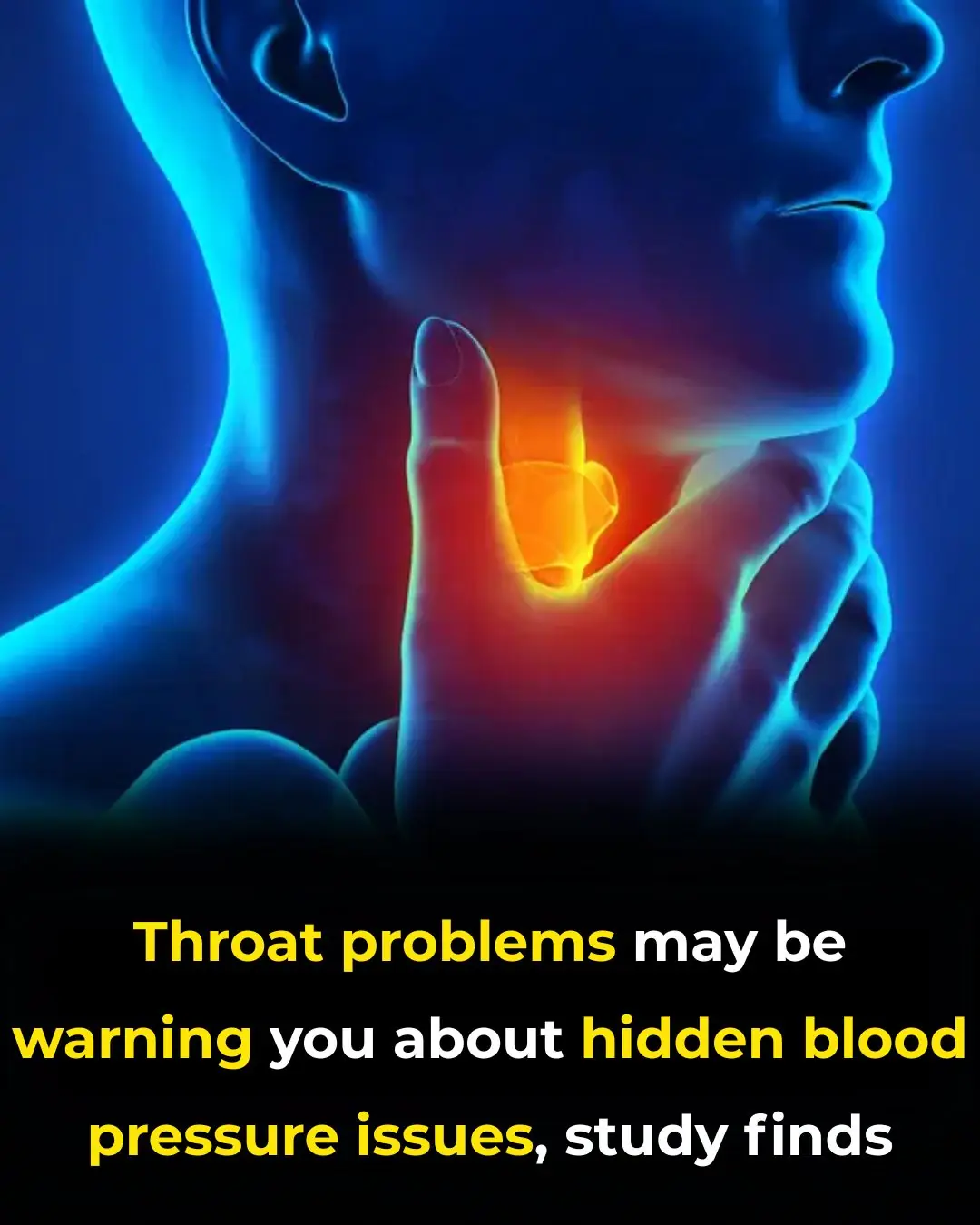
Throat problems may be warning you about hidden blood pressure issues, study finds
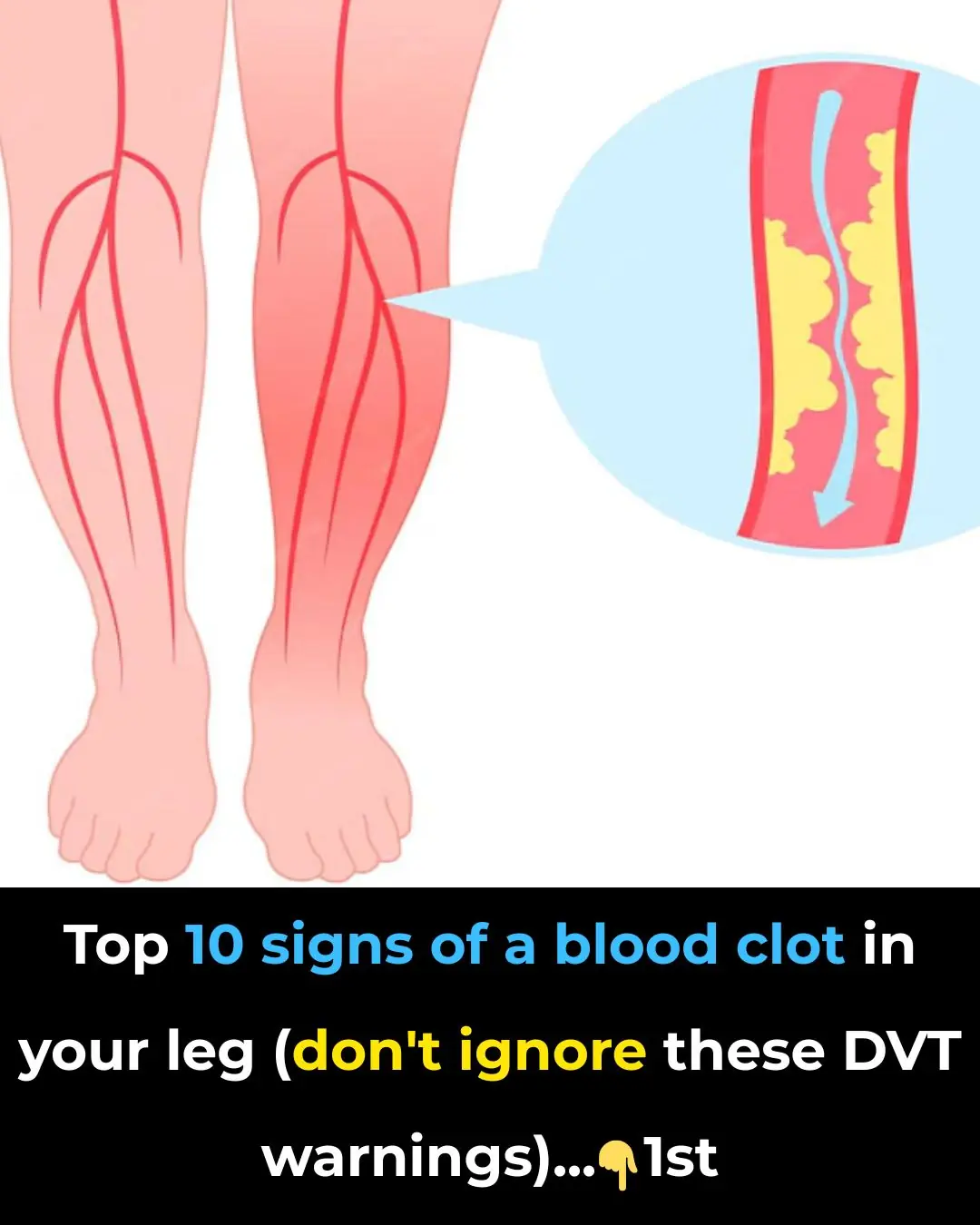
Top 10 signs of a BLOOD CLOT in your leg (prevent Deep Vein Thrombosis)
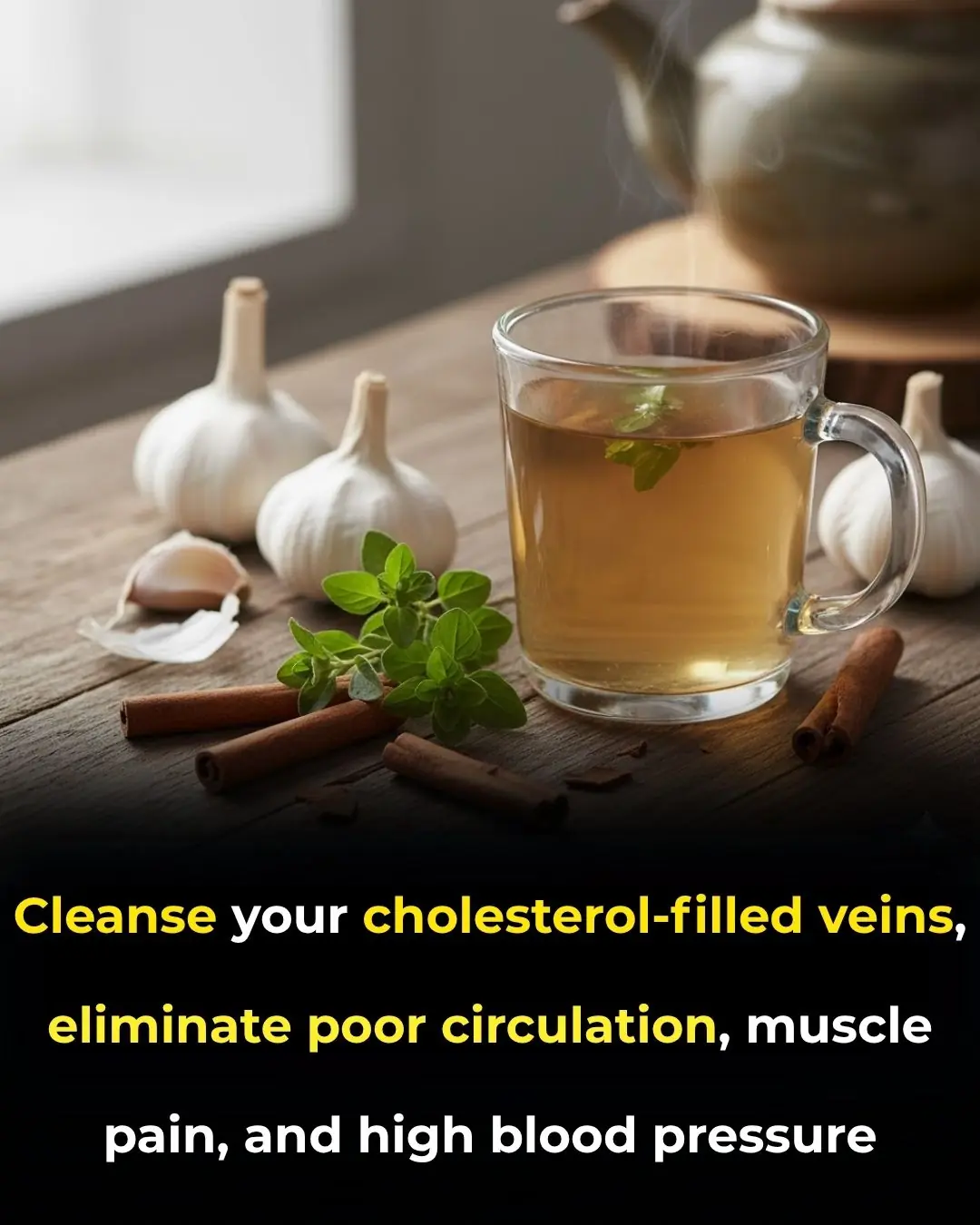
Say Goodbye to Parasites, Cholesterol, High Blood Pressure, and Poor Circulation With This 7-Day Homemade Drink
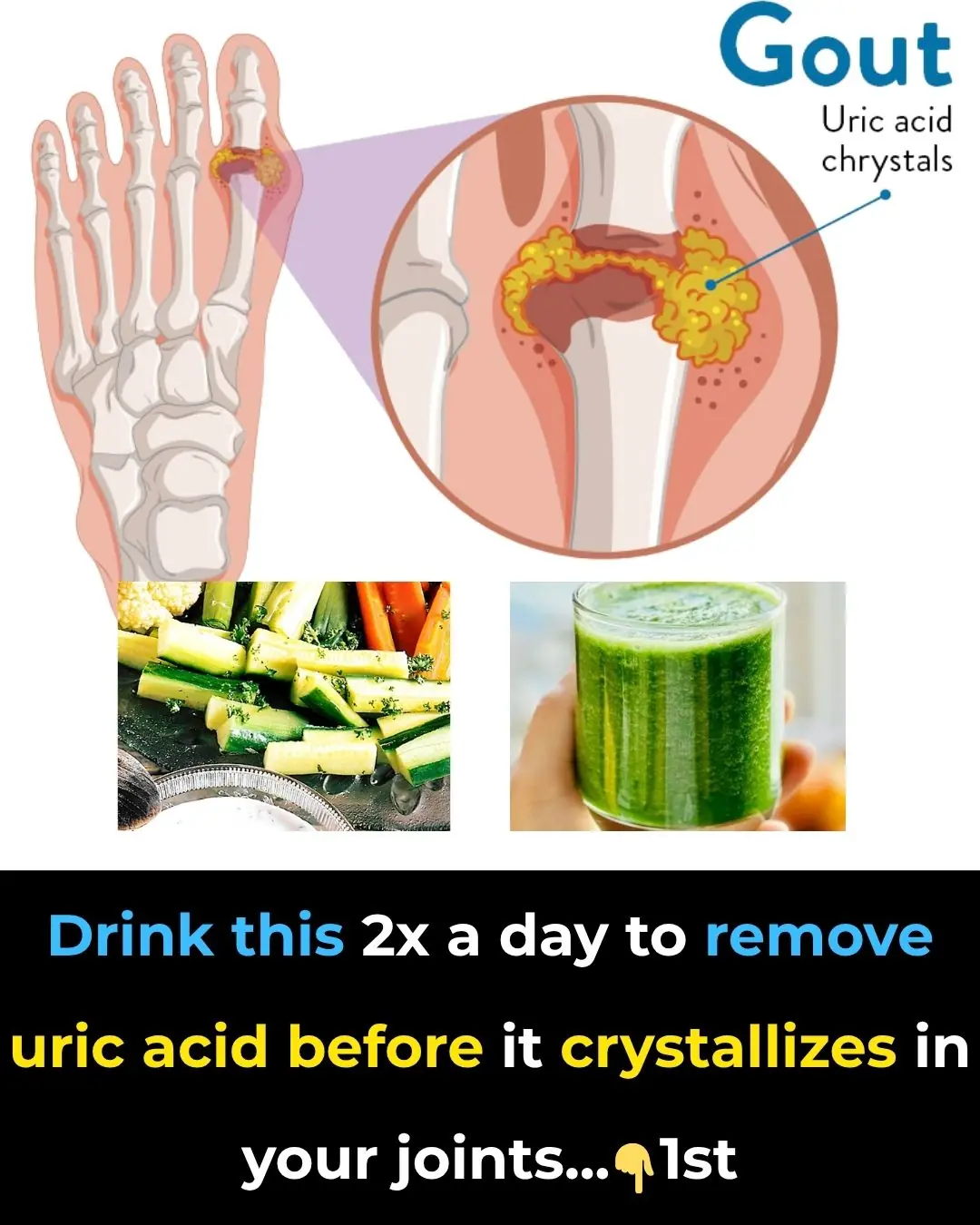
Drink This 2X a Day to Remove Uric Acid Before it Crystallizes in Your Joints and Becomes Painful
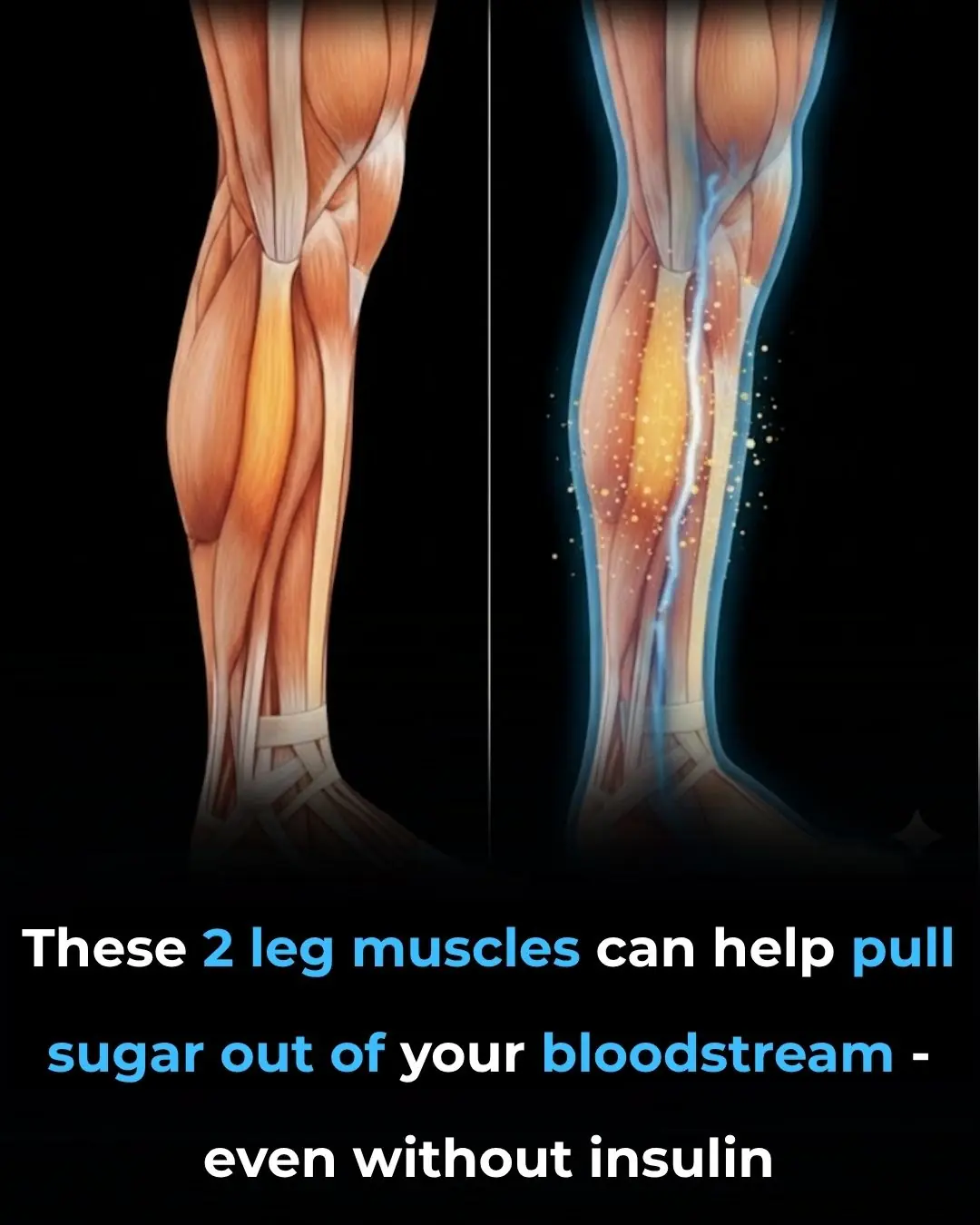
Lower blood sugar naturally by training just 2 leg muscles
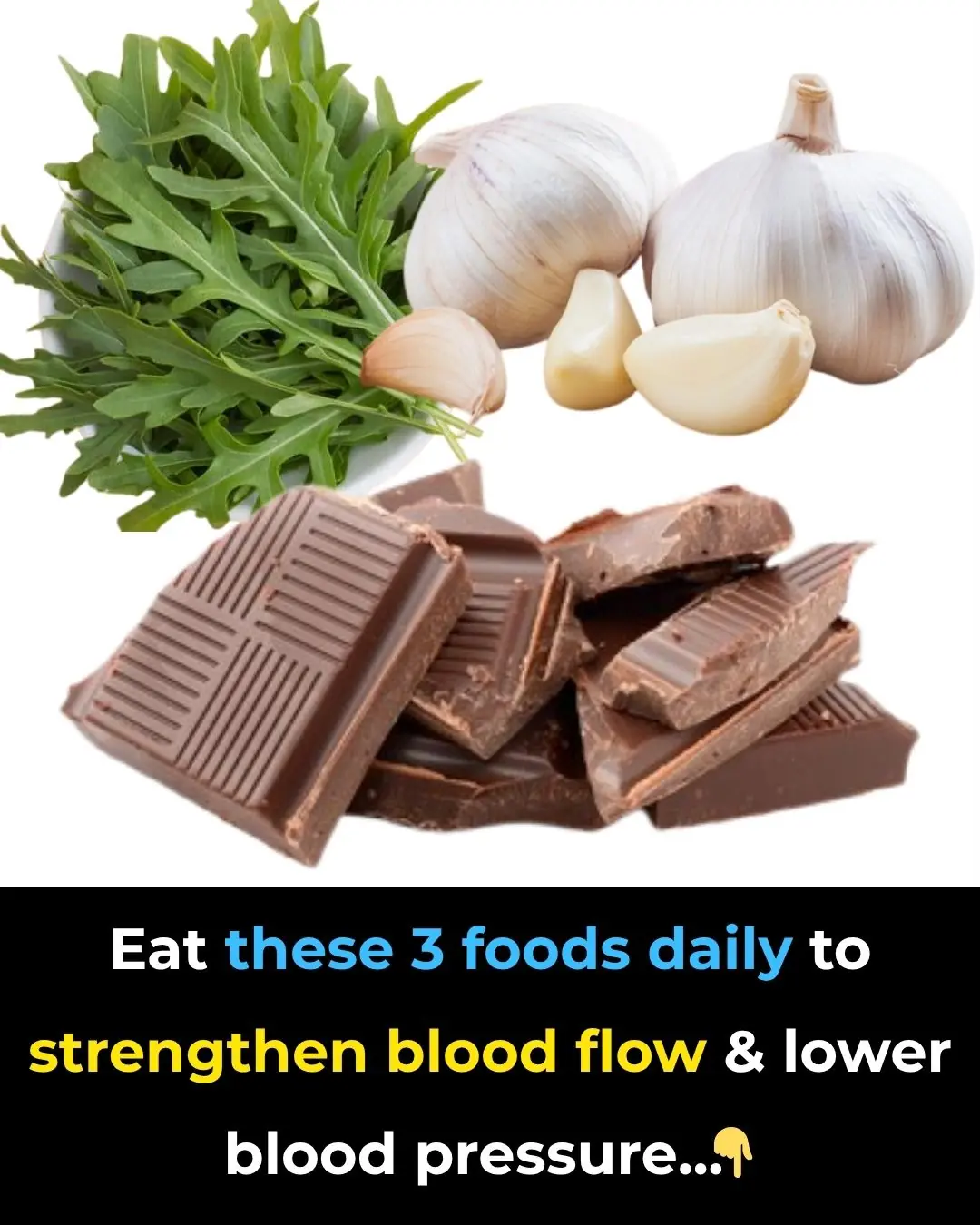
3 Food Combo to Strengthen Your Heart
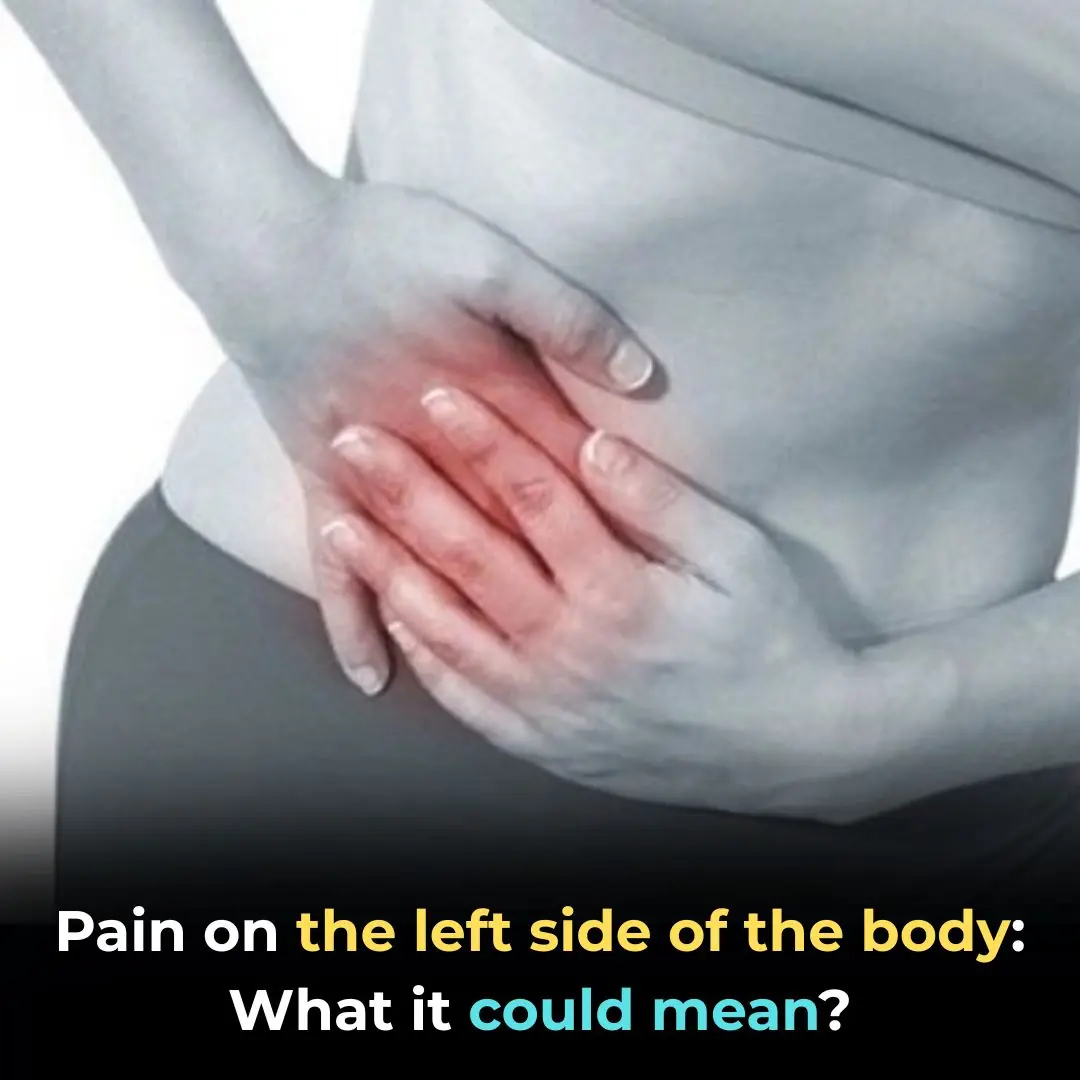
What Your Belly Is Trying to Tell You
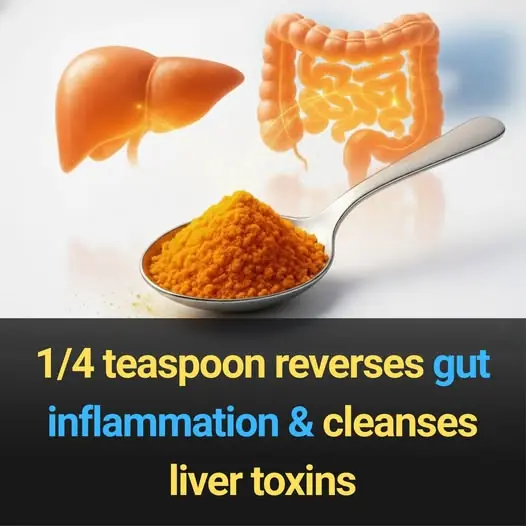
1/4 teaspoon reverses gut inflammation & cleanses liver toxins

Vitamin D3 cuts second heart attack risk by half
News Post

Top 3 Foods to Prevent Leg Cramps in Seniors: Strengthen Your Legs Naturally!

Richard Gere reveals what he misses most after ditching the US for Europe

HBCU Prospects and Atlanta Culture Took Center Stage at MLB All-Star Weekend

Comedian Jeff Dye joins Hollywood exodus, says Newsom ‘scares the s–t out of me’

Worried Pete Wicks’ surgery fears amid secret health condition he’s had for years 'It is getting quite bad'

Prince William and Kate Middleton ‘reserved and formal’ during engagement interview

Woman Develops Liver Cancer from Eating Peanut Butter on Bread, a Common Habit Many People Share

Complaints pour in during I’m A Celebrity 2025 launch as viewers demand a change

‘This Could be Why’: Tina Knowles Reveals the Real Reason She Quietly Went Back to Mathew After He Cheated— and Fans Think This Is Why Beyoncé Stayed with Jay

“I Made Sure Not To Wear All White” | Giants Player Darius Slayton Proposes To Track World Champion Girlfriend Anna Hall

Martin Lewis says 'demon appliance' is the worst in the house for soaring bills

MAFS UK's Keye confirms split with Davide and admits 'I made a terrible decision'

A Single 4g Dose Can Help Clear Heavy Metals, Reduce Microplastics, and Support Brain Cleansing (Not for Daily Use)

Celebrity Race Across the World’s contestants issued order by BBC over Guatemala lockdown

The #1 Simple Way to Stop Dementia Before It Starts

6 Milk Face Pack Recipes for Brighter & Glowing Skin – Best Milk Face Masks

Fans told LeBron to “sit this one out” after accusing him of drumming up fake outrage over the cop who bumped Nyck Harbor.

4 Powerful Vitamins You Need for Better Circulation – Prevent Blood Clots in Your Legs Now!
